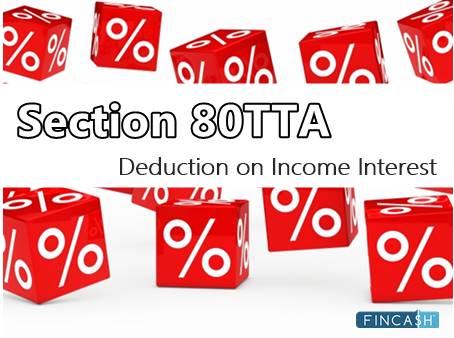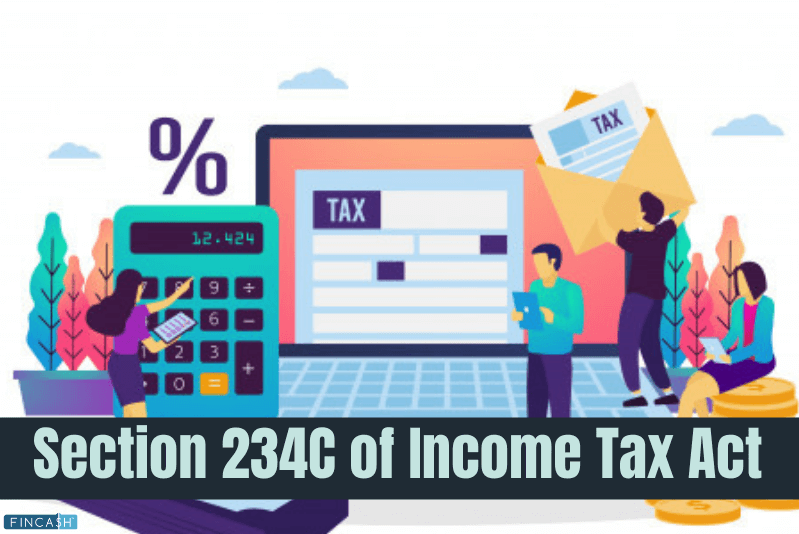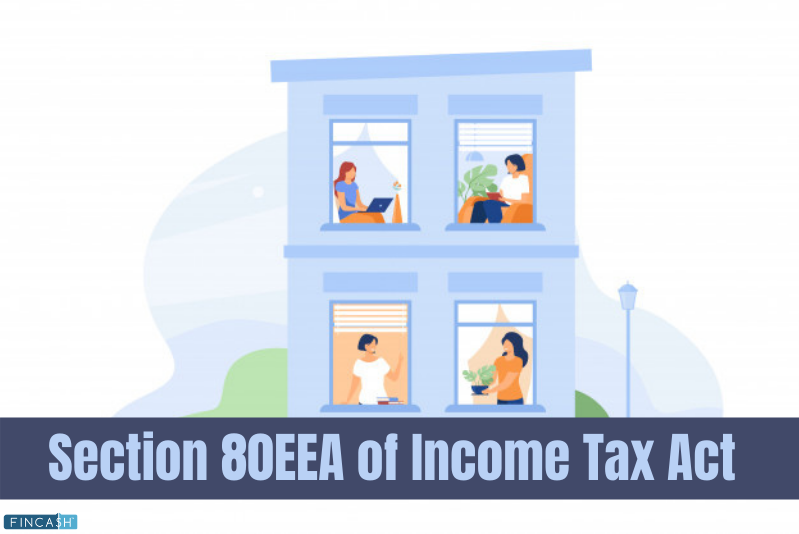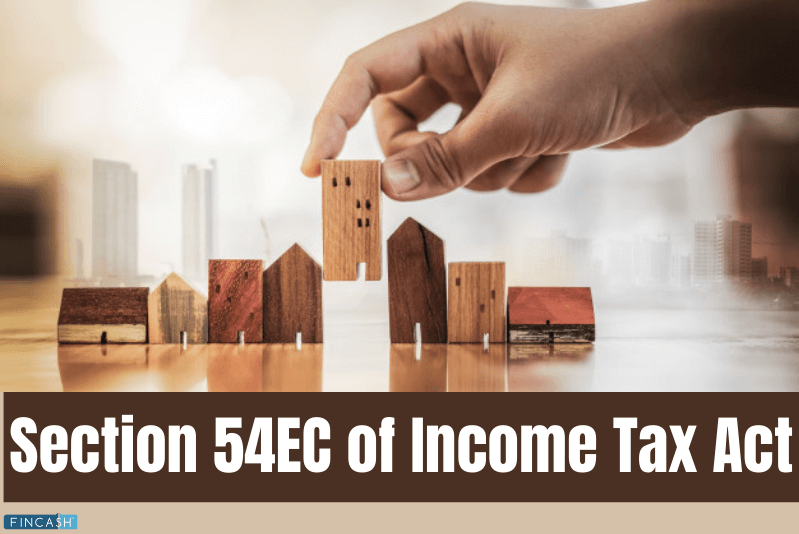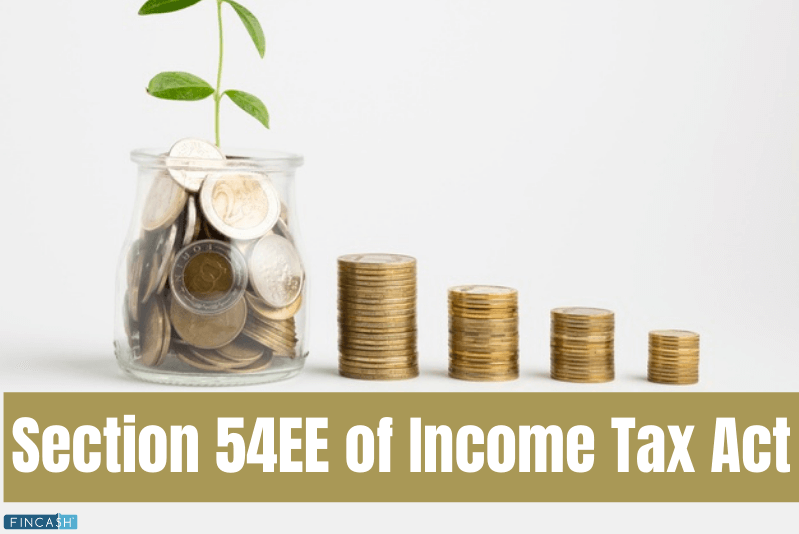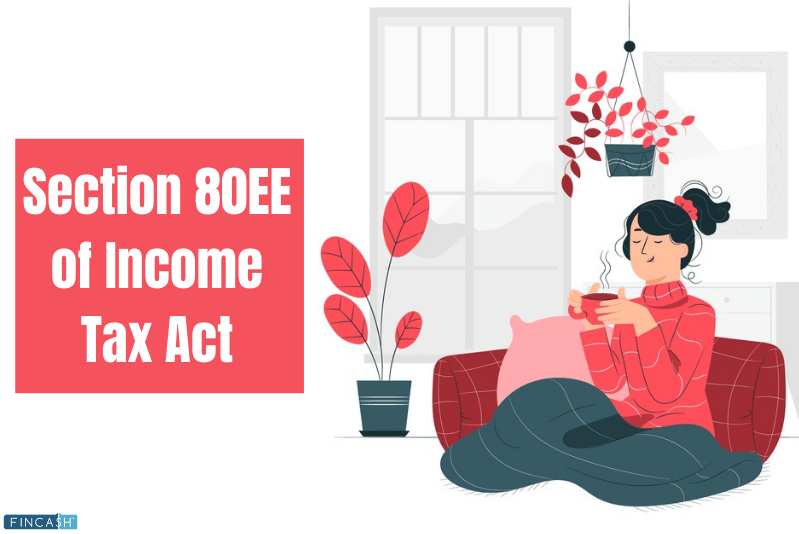
Table of Contents
Section 80DD - Deduction on Medical Treatment
Medical treatment is one of the most important aspects of an individual’s life. With the rising prices, the cost of medical treatment is soaring too. Healthcare treatment for the middle-class is quite a burden because of the cost. In order to aid this situation, the government of India has introduced benefits under Section 80DD of the income tax Act, 1961.
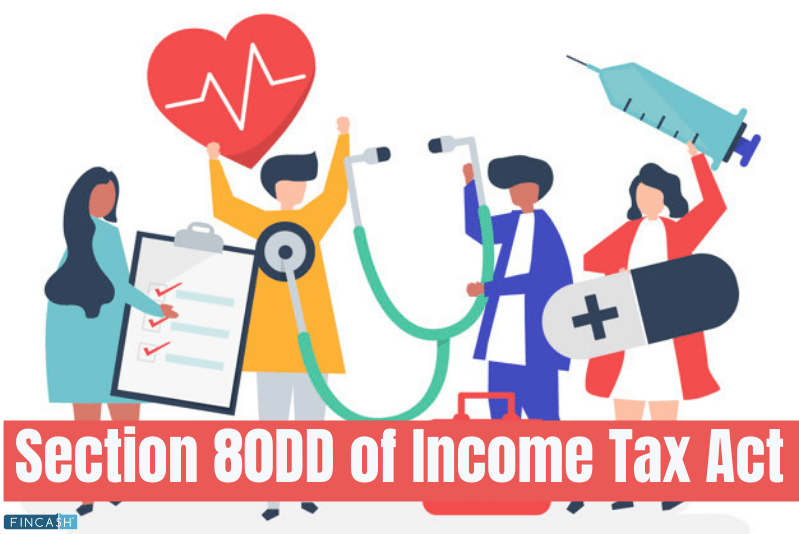
Under Section 80DD, you can claim a tax Deduction for cost on the clinical treatment of a dependent or disabled family member. Let’s take a look at this in detail.
What is Section 80DD?
Section 80DD caters to a deduction for medical treatment of a disabled or dependent family member. You can claim this deduction if:
- You have incurred expenses for medical treatment including nursing, training and rehabilitation of the aforesaid family member.
- You have paid or deposited an amount under a scheme approved by CBDT framed on this front by the Life Insurance Corporation or any other insurance company providing policy to such a family member.
Note: If you are gaining benefits under the provision of section 80u, you will not be able to claim deduction under Section 80DD.
Eligibility Under Section 80DD
1. Residence
Taxpayers living in India including individuals and hindu undivided family (HUF) can claim a deduction for a disabled dependent. Non-Resident Individuals (NRI) are not eligible for this deduction.
2. Treatment
The deduction can be claimed on medical treatment for the dependent and not oneself.
3. Dependents
Under Section 80DD dependents means:
- Spouse
- Children
- Parents
- Siblings
- Member of Hindu Undivided Family
Note that these dependents should be majorly dependent on the taxpayer looking for a deduction.
Talk to our investment specialist
Meaning of Disability Under Section 80DD
Disability definition under this section is derived from the Persons with Disabilities Act, 1995. This includes autism, cerebral palsy and multiple disabilities as provided for in the "National Trust for the Welfare of Person with Autism, Cerebral Palsy, Mental Retardation and Multiple Disabilities Act, 1999".
Hence, to consider a person as disabled under Section 80DD is when a person is certified by a credible medical authority regarding being 40% disabled.
Disabilities Covered Under Section 80DD
The disabilities mentioned below are covered under Section 80DD for which you can claim a deduction:
1. Blindness
You can claim this deduction if the dependent is visually impaired or blind. It would mean that the person cannot view any form of light, visual acuity up to 6/60 or 20/200 in the better eye with correcting lenses or limitation of the field of vision of the eyes at an angle of 20 degrees or worse.
2. Cerebral Palsy
Cerebral palsy is when the dependent is suffering from a set of non-developmental conditions that can be characterised as abnormal motor control or injuries to the prenatal, perinatal or infant phases of development of an individual.
3. Autism
Autism is when the dependent is suffering from a complex neurobehavioral condition, which is visible in social interaction, language development and communication skills.
4. Leprosy Cured
Leprosy cured is when a person is cured of leprosy but has some physical setbacks. The person might experience loss of feeling in hand, feet, eye and other areas. This can cause them to feel handicapped in many ways. Other than that, the person might be suffering from major physical deformity, which does not allow them to undertake an occupation.
If the dependent falls in this category, then you can claim deduction under Section 80DD.
5. Hearing Impairment
If the dependent is facing a problem with the loss of sixty decibels or more in two ears in the conversational Range of frequency, this means the person has a hearing Impairment.
6. Loco-Motor Disability
This disability is about lack of movement in bones, joints or muscles which leads to a substantial restriction of the limb movement or any form of cerebral palsy.
7. Mental Illness
The dependent could be suffering from a form of mental disorder. This does not mean the person is mentally retarded.
8. Mental Retardation
This refers to the scenario where the dependent is completely blocked or there is incomplete development in the mind of the person, which is characterised by sub-normality of intelligence.
Section 80DD Deduction Amount
Under Section 80DD, there is no age bar for the disabled person to receive the benefit. The amount of deduction is mentioned below:
1. Normal Disability
Normal disability is when at least 40% of the deduction allowed from gross total Income is Rs. 75000.
2. Severe Disability
Severe disability is when 80% or more deduction is allowed from gross total income is Rs. 1,25,000.
For better understanding the deduction under 80DD, let’s take an example here -
Suppose Jayshree deposits Rs. 50,000 every year with the Life Insurance Corporation of India (LIC) for the care of her mother who is blind. She can claim deduction under Section 80DD as she is paying LIC premiums, which is a scheme approved for the deduction. Alongside this, the problem her mother is facing is covered under the definition of the disabled dependent.
Jayashree can claim a deduction of Rs. 75,000 if the disability is 40% or more. Moreover, she can get a deduction up to Rs. 1,25,000.
Medical Certificate Requirement Under Section 80DD
In order to claim a deduction under this section, you have to present a medical certificate from an authorised medical practitioner or authority.
- Neurologist with Doctor of Medicine (MD) in Neurology
- Civil Surgeon or Chief Medical Officer (CMO) from any public hospital
- Pediatric Neurologist for children having degree equal to MD
Certificates from those mentioned above are accepted. However, to claim a deduction in a particular year, you will have to present the certificate marked for that year itself. New certificates have to be presented every year for claiming a deduction.
Differences Between Section 80DD, Section 80U, Section 80DDB, Section 80D
There are points of differences in section 80DD, Section 80DDB, Section 80U and Section 80D are mentioned below:
| Section 80DD | Section 80U | Section 80DDB | Section 80D |
|---|---|---|---|
| For medical treatment of dependent | For medical treatment of self | For medical treatment of self/dependent for specified diseases | For medical insurance and medical expenditure |
| Rs. 75,000 (normal disability), Rs. 1,25,000 (for severe disability) | Rs. 75,000 (normal disability), Rs. 1,25,000 (for severe disability) | Amount paid or Rs. 40,000 for citizens up to age 60 and Rs. 1 lakh for citizens above age 60 | Maximum up to Rs. 1 lakh subject to conditions |
Conclusion
Section 80DD is beneficial if you are looking for a deduction on the medical expenses for a disabled family member. This deduction will help you to save much money, which can be used for other treatment-related purposes.
All efforts have been made to ensure the information provided here is accurate. However, no guarantees are made regarding correctness of data. Please verify with scheme information document before making any investment.
